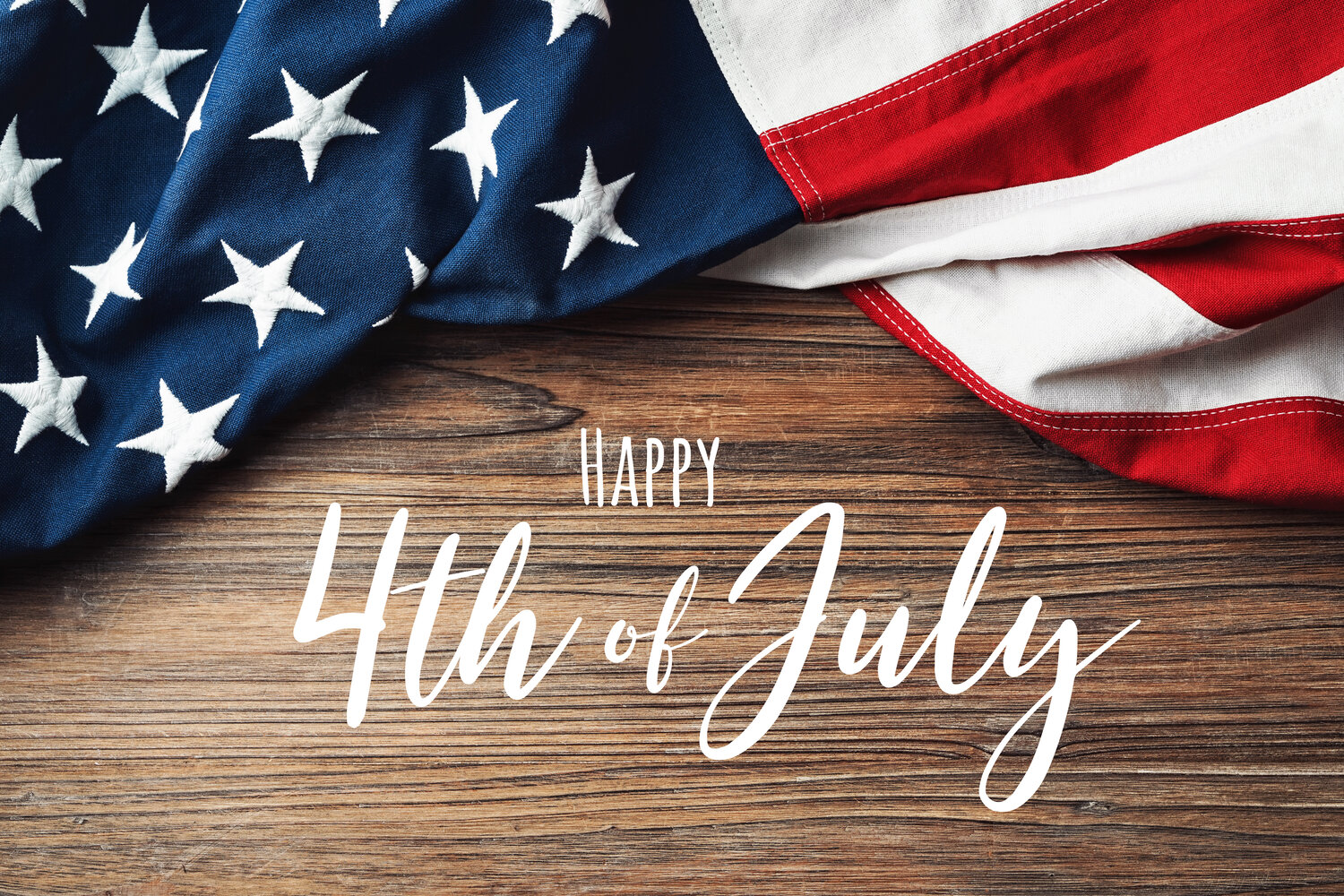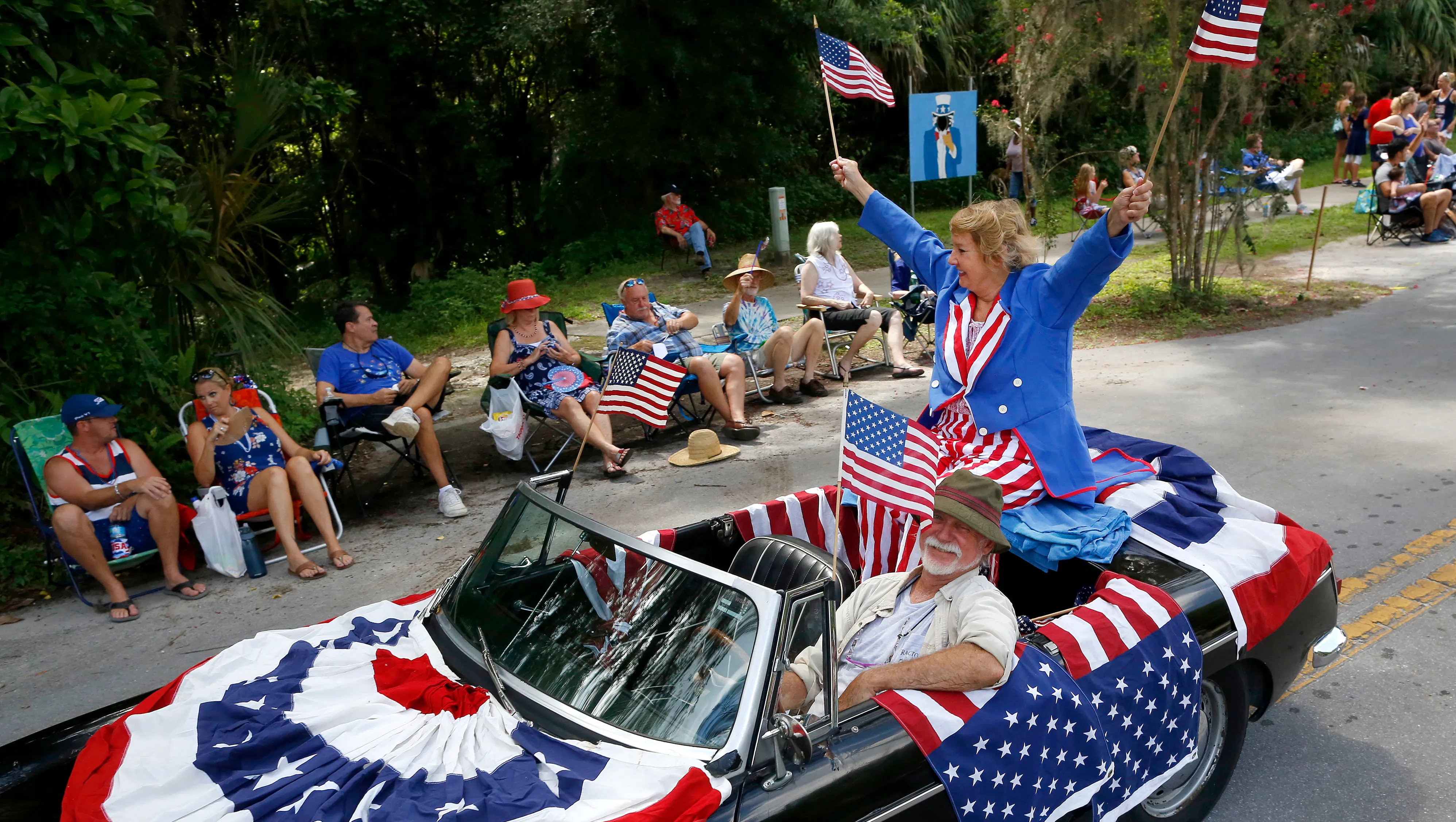Blog
Celebrating Independence: The History and Significance of July 4th
As one of the most significant dates in American history, July 4th marks our nation’s independence from British rule. This day, celebrated annually as Independence Day, is steeped in a rich tapestry of history, patriotism, and communal bonding. Understanding its origins and how it is observed today offers invaluable insight into the spirit of America.

The Historical Background
The roots of Independence Day trace back to the mid-18th century when tensions between the thirteen American colonies and the British Crown reached a boiling point. By the early 1770s, the colonists had grown increasingly frustrated with British taxation without representation, leading to widespread discontent. This discontent culminated in the Continental Congress convening in Philadelphia in 1776.
On July 2, 1776, the Congress made the audacious decision to declare independence from Britain. Two days later, on July 4th, the declaration drafted primarily by Thomas Jefferson was officially adopted. This momentous document, known as the Declaration of Independence, eloquently articulated the colonies’ right to self-governance and detailed grievances against King George III. It marked a pivotal turning point, setting the stage for the American Revolutionary War, which lasted until 1783.
>>> Buy now: 4Th July Independence Day Custom Crocs Shoes Clogs – Liberty Usa Outdoor Crocs Shoes Clogs Birthday Gift
A National Holiday
Independence Day was initially celebrated in various forms across the nation, with festivities ranging from parades and fireworks to solemn ceremonies. Over the years, July 4th was recognized as a federal holiday, officially declared in 1870. The day is now characterized by both reverence for the historical significance and the joy of community celebration. It is a time for Americans to reflect on the values of freedom, democracy, and the sacrifices made by those who fought for these ideals.
Celebrations Across the Nation
Modern-day Independence Day celebrations vary widely, yet they commonly feature patriotic displays. Fireworks illuminate the night sky in many cities, symbolizing the explosive birth of a nation. Parades showcase veterans, marching bands, and floats adorned with red, white, and blue. Families and friends gather for barbecues, enjoying traditional fare such as hot dogs, hamburgers, and apple pie—culminating in communal feelings of joy and gratitude for liberty.

In addition to the exuberant festivities, many communities hold ceremonies that honor veterans and reinforce the significance of freedom. Public readings of the Declaration of Independence remind citizens of the foundational principles that define the nation. These events serve not only as a celebration but as an educational opportunity, inviting younger generations to appreciate the struggles and triumphs that accompany the journey toward independence.
>>> Read more: Jerry Jeudy Ready to Go Big in the New Season
As we celebrate 4th July Independence Day, it is essential to honor the historical context that shaped our nation. The day offers a chance to acknowledge the sacrifices made for freedom and to come together in celebration of national unity. Whether through fireworks lighting up the sky or gatherings filled with laughter and conversation, Independence Day serves as a powerful reminder of the enduring spirit of America and the ongoing commitment to uphold the values of liberty and democracy for all. Let us celebrate with pride, knowing that the legacy of July 4th continues to inspire generations.